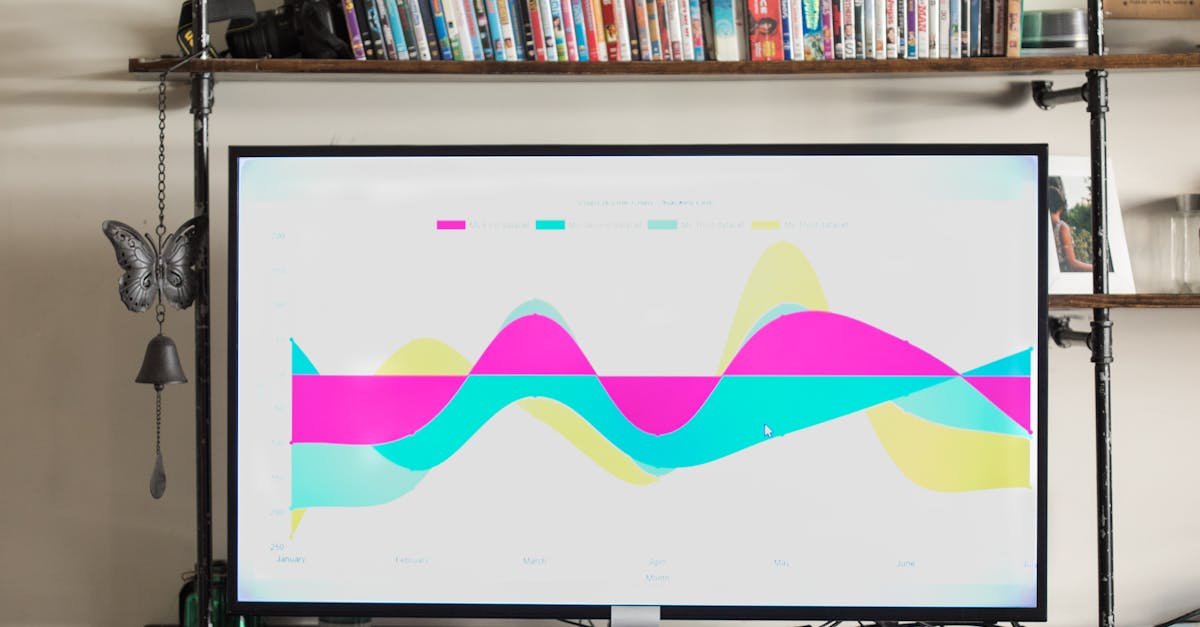
Adjusting To Life On A Budget
- September 30, 2024
- 5 min Read
- Views 759
Adjusting to Life on a Budget
Adjusting to life on a budget often presents a mixture of challenges and opportunities. While it may initially seem daunting, making smart, mindful financial choices can ultimately lead to a more fulfilling, stress-free lifestyle. In the following sections, we'll explore practical strategies and tips to help you smoothly transition into living on a budget.
Understanding Your Financial Situation
The first step in adjusting to life on a budget is to gain a clear understanding of your financial situation. Begin by analyzing your income and expenses. List all sources of income, including your salary, any freelance work, or additional revenue streams. Then, categorize your expenses into fixed (e.g., rent, mortgage, utilities) and variable (e.g., groceries, entertainment, dining out). This exercise will provide a snapshot of your financial health and highlight areas where adjustments are necessary.
Setting Realistic Financial Goals
Once you have a clear picture of your financial situation, it's essential to set realistic financial goals. Your goals may include paying off debt, building an emergency fund, saving for a significant purchase, or simply reducing unnecessary expenses. Setting specific, measurable, achievable, relevant, and time-bound (SMART) goals helps to maintain focus and track progress over time. Remember, successful budgeting requires patience, discipline, and perseverance.
Creating and Sticking to a Budget
With a better understanding of your financial landscape and goals, the next step is to create a budget. Use budgeting tools or templates to allocate portions of your income to various expense categories. Include savings as a fixed expense to ensure you are consistently putting money aside. Regularly review and adjust your budget as needed to reflect changes in your income or expenditures. Staying committed to your budget is key to achieving financial stability and meeting your goals.
Guide Steps to Adjusting to Life on a Budget
Track Your Spending
Consistently tracking your spending is crucial to ensuring you remain within budget. Use apps, spreadsheets, or a simple notebook to record every expense. This practice will help you identify spending patterns and unnecessary expenditures. It offers valuable insights on where cuts can be made without sacrificing quality of life.
Prioritize Needs Over Wants
One of the most significant adjustments when living on a budget is learning to prioritize needs over wants. Differentiate between essential expenses (housing, utilities, groceries) and non-essential expenses (dining out, entertainment). By focusing on needs, you can allocate resources more effectively and reduce financial stress.
Reduce Monthly Bills
Analyze your recurring bills to find opportunities for savings. Consider downgrading service plans, negotiating with providers, or eliminating unnecessary subscriptions. Small changes, such as using energy-efficient appliances or cutting cable for streaming services, can result in substantial savings over time.
Plan Meals and Avoid Impulse Buying
Meal planning is an effective strategy for reducing food costs. Create a weekly meal plan and shopping list based on sales and seasonal items. Stick to your list to avoid impulse purchases. Cooking at home rather than dining out also significantly reduces expenses.
Embrace DIY Solutions
Adjusting to life on a budget often means embracing a do-it-yourself (DIY) mentality. Learning to handle small repairs, create homemade gifts, or take on projects can save money and develop valuable skills. Numerous online tutorials are available to guide you through almost any DIY endeavor.
Shop Smart
When shopping, always look for the best deals. Use coupons, take advantage of sales, and consider generic or store-brand options. Thrift stores, consignment shops, and online marketplaces can also offer substantial savings on clothing, furniture, and other items.
Build an Emergency Fund
An emergency fund is a crucial component of financial stability. Aim to save three to six months' worth of living expenses to cover unexpected costs such as medical emergencies or job loss. Regularly contribute to this fund to ensure you are prepared for unforeseen expenses.
FAQs About Adjusting to Life on a Budget
What is the first step in creating a budget?
The first step is to assess your financial situation thoroughly by listing all income sources and categorizing expenses into fixed and variable costs.
How can I reduce my monthly bills effectively?
To reduce monthly bills, consider downgrading service plans, negotiating with providers, switching to more energy-efficient solutions, and eliminating redundant subscriptions.
How important is it to track daily expenses?
Tracking daily expenses is crucial as it helps identify spending patterns and areas where cutbacks can be made, ensuring you stay within budget.
Why is meal planning beneficial for saving money?
Meal planning helps avoid impulsive purchases, reduces the frequency of dining out, and better utilizes in-season and sale items, thereby lowering food costs significantly.
What should I do if I consistently overspend in certain budget categories?
Analyze why you're overspending and find ways to adjust. This might include cutting costs in other areas or setting stricter spending limits for those categories.
How can I stay motivated to stick to a budget?
Staying motivated can be challenging, but regularly reviewing your goals, celebrating milestones, and reminding yourself of the benefits that come with financial stability can help maintain discipline.
Tags
Tags: adjusting to life on a budget, budgeting tips, financial literacy, money management, saving strategies
References
People Also View
-
1October 09, 2024
-
2October 09, 2024
-
3
How to build a 10-minute workout routine for people with injuries
October 02, 2024 -
4October 01, 2024
-
5October 03, 2024
Categories
- Near Me 2147 Posts
- How To 548 Posts
- Where To 257 Posts
- Why 90 Posts
- How Much 97 Posts
- Travel 202 Posts
- Food And Drink 815 Posts
- Shopping 797 Posts
- Lifestyle 1050 Posts
- Automotive 364 Posts
- Digital Income 70 Posts








